Understanding the conscious consumer
Posted on: May 16, 2019by Ruth Brooks

Customers are no longer simply buying products they like or have a brand affinity for; they’re looking deeper at how their purchases have a wider impact. Conscious consumerism is the increased awareness of the impact of one’s purchase decisions. Who am I purchasing from? What does the brand stand for? Is the company I am supporting environmentally responsible? Is it committed to social equality? And the movement is gathering speed…
Some three quarters (75%) of Brits are now more conscious about their use of consumer items including plastic, non-recyclable materials, dairy, meat, sugar, salt, gluten, palm oil, travel, clothes and products that have been tested on animals. And while we often categorise conscious consumerism as a movement driven by the millennials or the middle classes, this is a naïve assumption; Iceland’s recent large-scale consumer survey showed that 80% of their consumers supported their move to go plastic-free. Social media has given consumers unprecedented power to demand that companies align with their values – or risk losing them.
The growing influence of CSR
With consumers now expecting more from the brands they choose, Corporate Social Responsibility (CSR) has never been more important. With a recent survey revealing that 89% of consumers choose brands with a better record of sustainability and that 90% agree that companies/brands have a responsibility to take care of the planet and its people, being transparent in these areas is no longer a ‘nice-to-have’, it’s a necessity.
When CEOs were asked to rate their most important measure of success in 2019, it was perhaps unsurprising therefore that the number-one issue they cited was “impact on society, including income inequality, diversity, and the environment”. In the past, CSR activity was often ad-hoc, but conscious consumers have forced businesses to up their game. Using CSR as a ‘feelgood’ exercise no longer cuts it. Organisations need to find activities that they can commit to long term and begin utilising their products, services or even workforce to build long term relationships and even bridge the gap between the public and the end goal of a particular CSR campaign. If consumers know a business cares, they are more likely to care and be loyal to the brand.
Of course, a strong ethos of corporate social responsibility can be good for a company’s bottom line, too. As a brand starts investing in CSR initiatives and becoming actively involved in the local community, brand awareness and recognition increases. This has a positive impact on their reputation, which helps attract new customers and retain existing ones, translating into financial value and, in turn, brand value.
Conscious consumerism is a growing and fascinating subject which impacts businesses of all sizes. Companies are looking for employees with the skills and understanding to get into the psyche of consumers and understand what the impact of this will be. Wrexham University’s 100% online Master of Business Administration (MBA) is designed for ambitious, self-starting professionals who are looking to fast-track their career with a deeper understanding of business and leadership skills.
As well as developing your skills in business strategy and finding solutions to new and emerging challenges – such as consumer consciousness – you’ll also cover topics such human resource management, finance and marketing, developing practical and theoretical business leadership skills.
With six start dates a year, you can start studying whenever you are ready and there are flexible payment options and postgraduate government loans to cover the full programme cost, according to eligibility.
To learn more or to apply, visit https://online.wrexham.ac.uk/mba/





